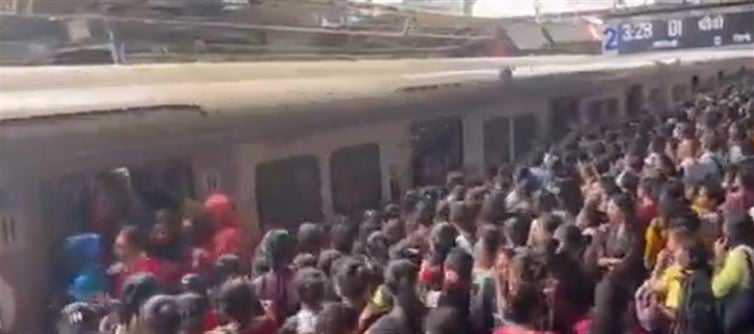
What makes the situation more alarming today is not just the lack of progress, but the erosion of transparency and accountability. In previous regimes—however inefficient—data on train-related deaths, accidents, and infrastructure shortcomings were made public, allowing media and opposition parties to raise questions and demand reforms. Today, under a government that increasingly controls narratives, even basic statistics on citizen fatalities are difficult to access. The lack of disclosure not only prevents informed public discourse but also disables policy correction. The absence of data is not just a bureaucratic failure; it is a deliberate political strategy to shield inefficiency from scrutiny.
Moreover, the culture of suppressing dissent has further weakened democratic checks and balances. Whistleblowers, journalists, and citizen activists who dare to expose infrastructural failures or demand justice are often labeled “anti-national” or face legal intimidation. When voices demanding better transport, housing, or safety are silenced, governance suffers. A government that prides itself on building highways and high-speed trains must also be judged by how it treats the lifeline of its cities—local trains that carry millions of people every day. Until these fundamental issues are addressed transparently and urgently, the crowd at the platform will remain the same, and so will the collective disillusionment.




 click and follow Indiaherald WhatsApp channel
click and follow Indiaherald WhatsApp channel